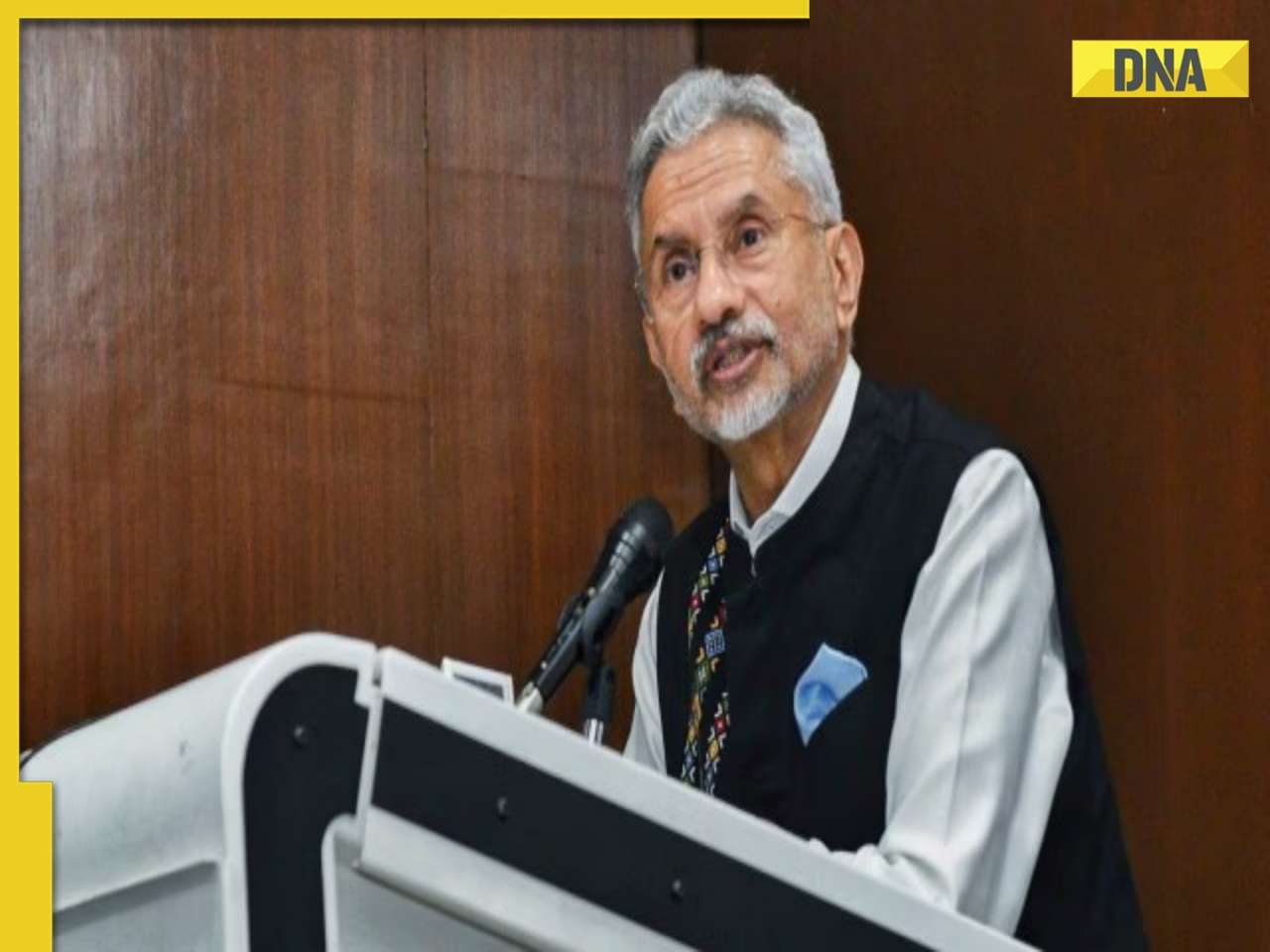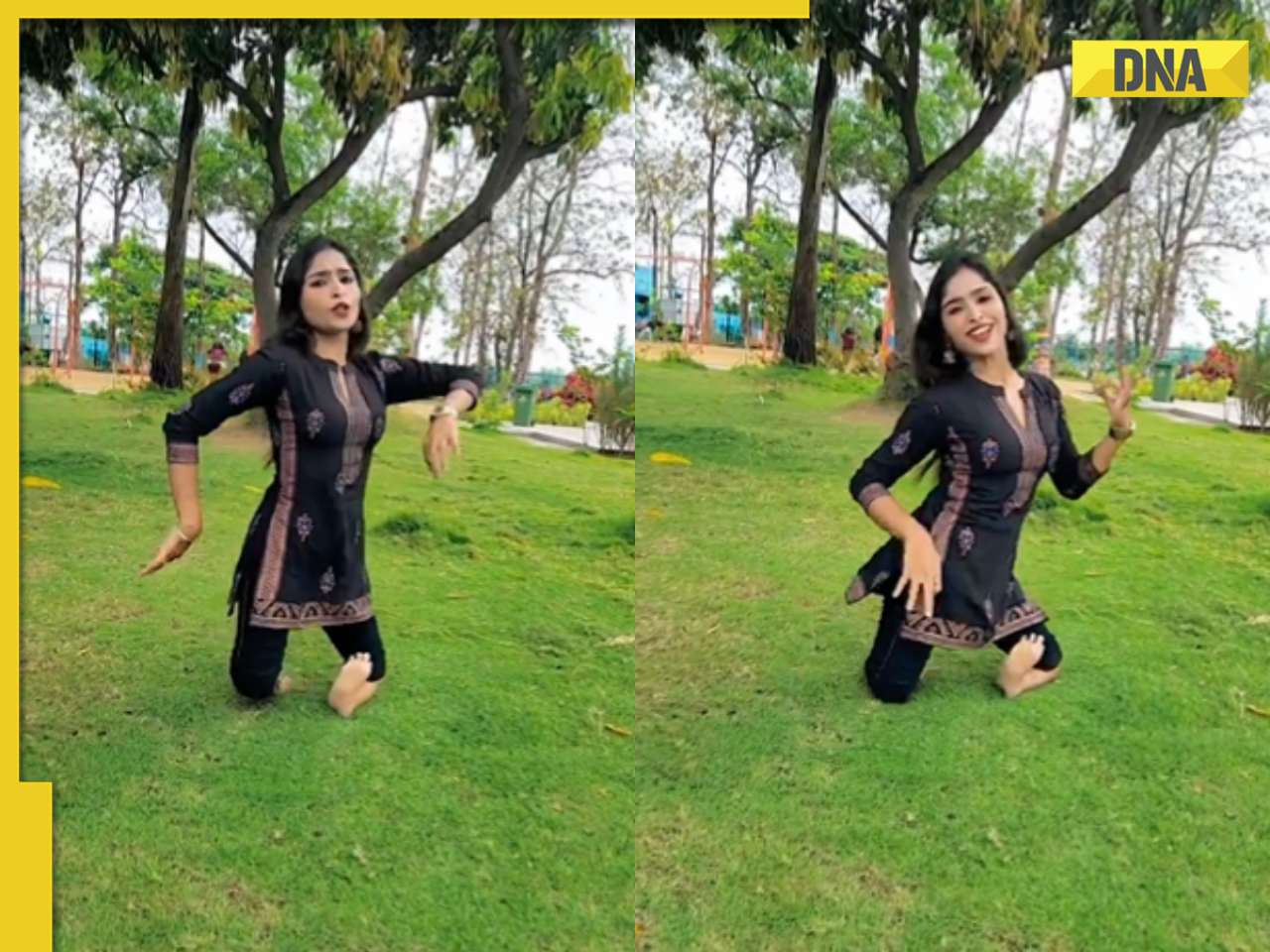Dattaram Wadkar was often described as someone whose work had strong imprints of Shankar-Jaikishan's style on it.
This week’s piece is about another Goan musician but one cast in a completely different mould than Chic Chocolate’s. You may not have heard of Dattaram Wadkar (his death anniversary is on June 8) but you would surely have heard songs he either composed, arranged or played the dholak, tabla or daf for.
Dattaram Wadkar, born in Goa in 1929, moved to Bombay in 1942 and learnt playing the tabla and the dholak there. He got his big break when he met Shankar and joined Shankar – Jaikishan’s team as arranger and percussionist.
While another Goan musician, Sebastian D’Souza, conducted their orchestra, Dattaram managed Shankar – Jaikishan’s rhythm section. His friendship with Shankar – Jaikishan led to opportunities to compose music for films independently. He was one of the few composers who made a successful move from being an assistant to a full-fledged music director. Despite initial successes as a music director, he continued assisting Shankar – Jaikishan, and never really broke out on his own like Ravi (who assisted Hemant Kumar) and Laxmikant – Pyarelal (who assisted Kalyanji – Anandji) did. Even his music as an independent music director had strong imprints of Shankar – Jaikishan’s style on it. I highly recommend that you watch the documentary embedded at the end of this post to get to know more about this low-profile musician.
Here are my pick of 5 songs to remember Dattaram Wadkar by:
Maalik Tere Jahan Mein (Ab Dilli Door Nahin, 1957)
“Ab Dilli Door Nahin” (1957) was Dattaram Wadkar’s debut as an independent music director. Raj Kapoor, who was producing this film, had asked Shankar – Jaikishan to compose the music for this film. Since the film was low-profile and Raj Kapoor was not acting in it, the duo decided to recommend Dattaram. They even quelled Raj Kapoor’s apprehensions about a first-time composer by offering to help Dattaram out if the need arose. Dattaram more than validated the faith reposed on him by composing a musical score that went on to become very popular. My most favorite song from the film is the lovely “Maalik Tere Jahan Mein” sung by the underrated Sudha Malhotra.
Chhun Chhun Karti Aayi Chidiya (Ab Dilli Door Nahin, 1957)
This was, by far, the most popular song from “Ab Dilli Door Nahin”. “Chhun Chhun Karti Aayi Chidiya” is a children’s song sung with gusto by Mohammed Rafi. In an interview, Dattaram attributed to this song the genesis of the dholak rhythm that became very popular in Hindi films and came to be known by his name in film circles - "Dattaram theka" or "Dattu theka”.
Haal-E-Dil Hamara Jaane Na (Shriman Satyawadi, 1960)
This is a classic Dattaram song that could easily be mistaken for a Shankar – Jaikishan song. Dattaram’s predilection for his mentors’ musical grammar is understandable. This was a Mukesh song on Raj Kapoor – a genre of song that Shankar – Jaikishan had perfected. Why fix something that’s not broken? Fun fact – While “Haal-E-Dil” was written by Hasrat Jaipuri, most of the songs in “Shriman Satyawadi” were written by Gulzar, who was credited as Gulzar Deenvi in those days. “Shriman Satyawadi” was among his earliest released songs. “More Gora Ang Laila” (“Bandini”) is considered Gulzar’s first recorded song but it came out three years later, in 1963.
Na Jaane Kahan Tum The (Zindagi Aur Khwab, 1961)
Suman Kalyanpur was a duet specialist of sorts and this duet with Manna Dey is among her best.
Aansoo Bhari Hai Yeh Jeevan Ki Raahen (Parvarish, 1958)
Parvarish is probably Dattaram’s most accomplished album and “Aansoo Bhari Hai Yeh Jeevan Ki Aankhen” the song he’ll be most remembered for. This is a great melody, full of pathos and sung very well by Mukesh. Dattaram’s minimalistic arrangement for the song enhances the songs beauty but was not a matter of choice. He was forced to keep the arrangement simple because of the Cine Musicians Association was on a strike! Other than Mukesh’s baritone, all we hear is a tabla, a veena and a sarangi, played by the son of the legendary Ustad Bundu Khan, Ustad Zahoor Ahmed Khan.
Here is a documentary made on Dattaram Wadekar by Rajshri Productions, named 'Masti Bhara Hai Sama'.
![submenu-img]() 'They unilaterally took some measures': EAM Jaishankar on new Nepal 100 rupee currency
'They unilaterally took some measures': EAM Jaishankar on new Nepal 100 rupee currency![submenu-img]() Meet Ice Cream Lady of India, who built Rs 6000 crore company, started with small investment of Rs…
Meet Ice Cream Lady of India, who built Rs 6000 crore company, started with small investment of Rs…![submenu-img]() ‘Canada a rule-of-law country’: PM Trudeau after 3 Indian arrested over Hardeep Nijjar's murder
‘Canada a rule-of-law country’: PM Trudeau after 3 Indian arrested over Hardeep Nijjar's murder![submenu-img]() Viral video: Specially-abled girl’s energetic dance to Bollywood song wows internet, watch
Viral video: Specially-abled girl’s energetic dance to Bollywood song wows internet, watch![submenu-img]() 'Baap re baap': Imtiaz Ali reveals Diljit Dosanjh was scandalised by old women's 'vulgar' improvisation on Chamkila set
'Baap re baap': Imtiaz Ali reveals Diljit Dosanjh was scandalised by old women's 'vulgar' improvisation on Chamkila set![submenu-img]() DNA Verified: Is CAA an anti-Muslim law? Centre terms news report as 'misleading'
DNA Verified: Is CAA an anti-Muslim law? Centre terms news report as 'misleading'![submenu-img]() DNA Verified: Lok Sabha Elections 2024 to be held on April 19? Know truth behind viral message
DNA Verified: Lok Sabha Elections 2024 to be held on April 19? Know truth behind viral message![submenu-img]() DNA Verified: Modi govt giving students free laptops under 'One Student One Laptop' scheme? Know truth here
DNA Verified: Modi govt giving students free laptops under 'One Student One Laptop' scheme? Know truth here![submenu-img]() DNA Verified: Shah Rukh Khan denies reports of his role in release of India's naval officers from Qatar
DNA Verified: Shah Rukh Khan denies reports of his role in release of India's naval officers from Qatar![submenu-img]() DNA Verified: Is govt providing Rs 1.6 lakh benefit to girls under PM Ladli Laxmi Yojana? Know truth
DNA Verified: Is govt providing Rs 1.6 lakh benefit to girls under PM Ladli Laxmi Yojana? Know truth![submenu-img]() Streaming This Week: Heeramandi, Shaitaan, Manjummel Boys, latest OTT releases to binge-watch
Streaming This Week: Heeramandi, Shaitaan, Manjummel Boys, latest OTT releases to binge-watch![submenu-img]() Remember Ayesha Kapur? Michelle from Black, here's how actress, nutrition coach, entrepreneur looks after 19 years
Remember Ayesha Kapur? Michelle from Black, here's how actress, nutrition coach, entrepreneur looks after 19 years![submenu-img]() Remember Heyy Babyy's cute 'Angel' Juanna Sanghvi? 20 year-old looks unrecognisable now, fans say 'her comeback will...'
Remember Heyy Babyy's cute 'Angel' Juanna Sanghvi? 20 year-old looks unrecognisable now, fans say 'her comeback will...'![submenu-img]() In pics: Arti Singh stuns in red lehenga as she ties the knot with beau Dipak Chauhan in dreamy wedding
In pics: Arti Singh stuns in red lehenga as she ties the knot with beau Dipak Chauhan in dreamy wedding![submenu-img]() Actors who died due to cosmetic surgeries
Actors who died due to cosmetic surgeries![submenu-img]() DNA Explainer: Why Harvey Weinstein's rape conviction was overturned, will beleaguered Hollywood mogul get out of jail?
DNA Explainer: Why Harvey Weinstein's rape conviction was overturned, will beleaguered Hollywood mogul get out of jail?![submenu-img]() What is inheritance tax?
What is inheritance tax?![submenu-img]() DNA Explainer: What is cloud seeding which is blamed for wreaking havoc in Dubai?
DNA Explainer: What is cloud seeding which is blamed for wreaking havoc in Dubai?![submenu-img]() DNA Explainer: What is Israel's Arrow-3 defence system used to intercept Iran's missile attack?
DNA Explainer: What is Israel's Arrow-3 defence system used to intercept Iran's missile attack?![submenu-img]() DNA Explainer: How Iranian projectiles failed to breach iron-clad Israeli air defence
DNA Explainer: How Iranian projectiles failed to breach iron-clad Israeli air defence![submenu-img]() 'Baap re baap': Imtiaz Ali reveals Diljit Dosanjh was scandalised by old women's 'vulgar' improvisation on Chamkila set
'Baap re baap': Imtiaz Ali reveals Diljit Dosanjh was scandalised by old women's 'vulgar' improvisation on Chamkila set![submenu-img]() This actor, who worked with Karan Johar and Farhan Akhtar, gave superhit shows, saw failed marriage, killed himself at..
This actor, who worked with Karan Johar and Farhan Akhtar, gave superhit shows, saw failed marriage, killed himself at..![submenu-img]() Did you know Ranveer Singh's grandmother was popular actress? Worked with Raj Kapoor; her career affected due to...
Did you know Ranveer Singh's grandmother was popular actress? Worked with Raj Kapoor; her career affected due to...![submenu-img]() India's highest-paid TV actress began working at 8, her Bollywood films flopped, was seen in Bigg Boss 1, now charges...
India's highest-paid TV actress began working at 8, her Bollywood films flopped, was seen in Bigg Boss 1, now charges...![submenu-img]() Shreyas Talpade wonders if his heart attack was due to Covid vaccine: 'We don’t know what we have taken inside...'
Shreyas Talpade wonders if his heart attack was due to Covid vaccine: 'We don’t know what we have taken inside...'![submenu-img]() IPL 2024: Faf du Plessis, Virat Kohli help Royal Challengers Bengaluru defeat Gujarat Titans by 4 wickets
IPL 2024: Faf du Plessis, Virat Kohli help Royal Challengers Bengaluru defeat Gujarat Titans by 4 wickets![submenu-img]() IPL 2024: Why is Sai Kishore not playing today's RCB vs GT match?
IPL 2024: Why is Sai Kishore not playing today's RCB vs GT match?![submenu-img]() 'Mumbai Indians ki kahani khatam': Ex-India star slams Hardik Pandya after MI's loss to KKR at Wankhede
'Mumbai Indians ki kahani khatam': Ex-India star slams Hardik Pandya after MI's loss to KKR at Wankhede![submenu-img]() LSG vs KKR, IPL 2024: Predicted playing XI, live streaming details, weather and pitch report
LSG vs KKR, IPL 2024: Predicted playing XI, live streaming details, weather and pitch report![submenu-img]() LSG vs KKR IPL 2024 Dream11 prediction: Fantasy cricket tips for Lucknow Super Giants vs Kolkata Knight Riders
LSG vs KKR IPL 2024 Dream11 prediction: Fantasy cricket tips for Lucknow Super Giants vs Kolkata Knight Riders![submenu-img]() Viral video: Specially-abled girl’s energetic dance to Bollywood song wows internet, watch
Viral video: Specially-abled girl’s energetic dance to Bollywood song wows internet, watch![submenu-img]() Viral video: Man educates younger brother about mensuration, internet is highly impressed
Viral video: Man educates younger brother about mensuration, internet is highly impressed![submenu-img]() Girl's wedding dance to Haryanvi song interrupted by mother in viral video, internet reacts
Girl's wedding dance to Haryanvi song interrupted by mother in viral video, internet reacts![submenu-img]() Viral video: Man fearlessly grabs dozens of snakes, internet is scared
Viral video: Man fearlessly grabs dozens of snakes, internet is scared![submenu-img]() This mysterious mobile phone number was suspended after three users...
This mysterious mobile phone number was suspended after three users...







































)









)
)
)
)
)
)